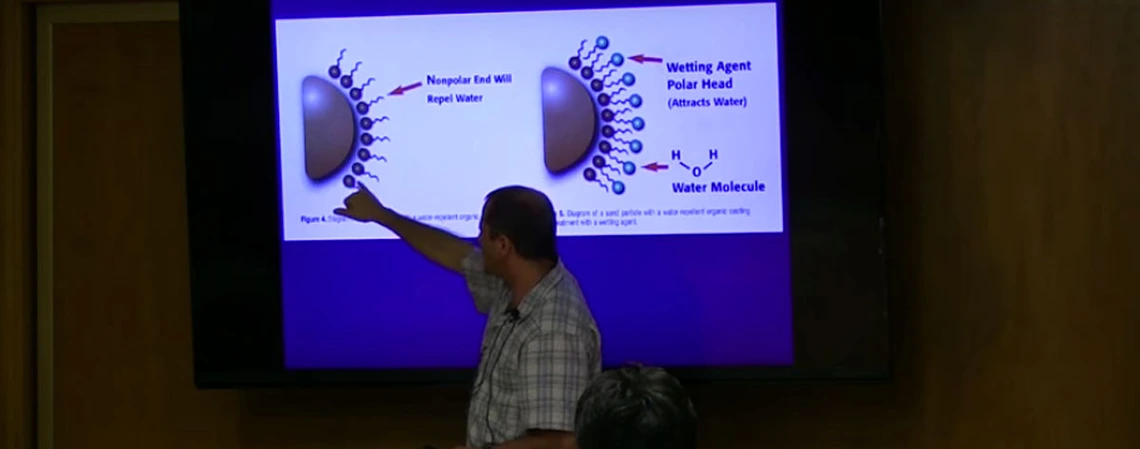
When
Where
Speaker(s)
Water scarcity has been the driving force for Israel’s search for ‘new water resources.” The use of marginal water has grown significantly over the past 20 years (more than 80 percent reuse of wastewater nationally). The main sources of marginal water in the Negev Desert in Israel are: Geothermal brackish water, recycled wastewater and graywater. Current use of these waters includes: Irrigation of a variety of agricultural crops, brackish-water aquaculture, landscape irrigation, recreation parks and tourism. Although marginal waters seem like a promising resource, their use has quite a few mid- and long-term negative effects. These include: Negative environmental effects on soils and plants, possible contamination of groundwater, and health risks. In addition, reuse treatments should be decentralized and kept low-cost to benefit sparsely populated areas, small remote villages and farms. Continuous research efforts are currently conducted to utilize marginal waters and sludge efficiently in a way that will maximize the outcome of its use with minimal negative environmental effects. Prof. Amit Gross will present an overview of several such studies with respect to the status of Israeli water resources.

